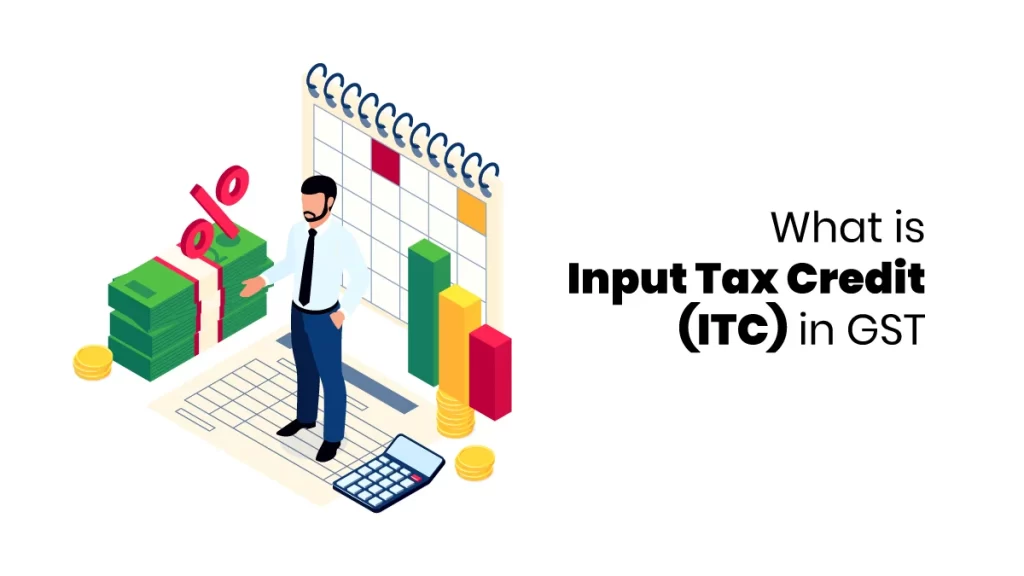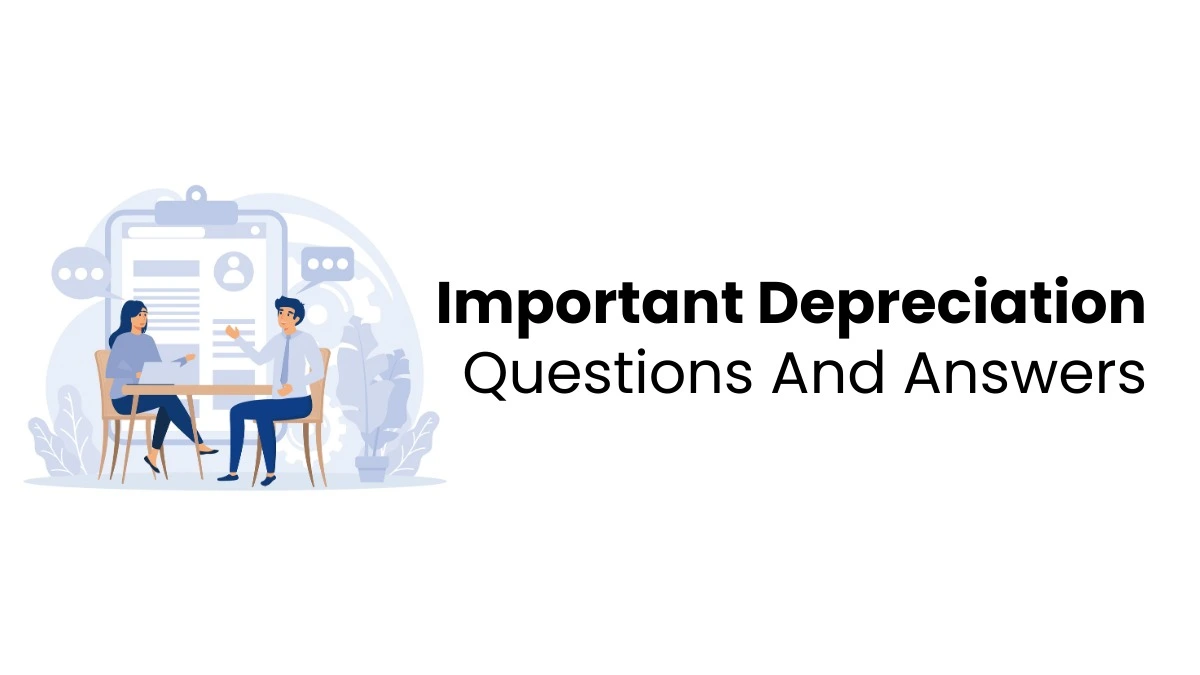Input tax credit (ITC) is the GST a business pays when buying goods or services for business use. A company can reduce the GST it owes on sales by using this ITC, but only if it follows specific rules. These rules are the same as before GST was introduced, with a few new ones, like GSTR-2B. The rules are clear but can be strict.
When you buy something from a registered dealer, you pay taxes. When you sell something, you collect taxes from the buyer. You can then reduce the tax you owe on your sales by the tax you paid on your purchases. The remaining amount is what you pay to the government. This process is called using input tax credit. For example, if you’re a manufacturer:
- You owe Rs 450 in taxes on your final product.
- You paid Rs 300 in taxes on your purchases.
- You can subtract the Rs 300 from the Rs 450, so you only need to pay Rs 150 in taxes.
Input Tax Credit (ITC) Condition to Claim
To claim ITC under GST, you need to meet these conditions:
- You should have a Tax Invoice, Debit/Credit Note, or Supplementary Invoice from the supplier.
- You must have received the goods or services you paid for.
- You need to have filed your GST returns (GSTR 3).
- Ensure the tax charged by the supplier has been paid to the government.
- After making the necessary adjustments, you must match the invoices and finalize your ITC.
Eligible Persons to Claim ITC
The following are the benefits of input tax credit for individuals who claim ITC ;
- ITC can be claimed only by a person registered under GST.
- The person must have a tax invoice for the goods or services.
- The goods or services must have been received.
- GST returns must be filed.
- The supplier must have paid the tax to the government.
- If goods are delivered in installments, ITC can be claimed only after receiving the final installment.
- ITC cannot be claimed if the tax amount is used to claim depreciation on a capital good.
A person registered under the GST composition scheme cannot claim ITC. To know these details properly, one can take best accounting courses online to acquire proper knowledge regarding tax.

Things can be Claimed
You can claim input tax credit only for business use. You cannot claim ITC for:
- Personal use
- Exempt items
- Items where ITC is not allowed
Time Limit to Claim ITC
To claim input tax credit (ITC) under GST, you must do so by the earlier of these two dates:
- 30th November of the following year.
- The date you file your annual return (GSTR-9) for that year.
For example, if you have a purchase invoice dated 8th December 2021, you can claim ITC for it by:
- 30th November 2022, or
- 31st December 2022 (when you file your annual return).
Since 30th November 2022 is earlier, that is the last date you can claim ITC for this invoice. You can do this for any tax period from April 2021 to October 2022.
Things not Allowed to Claim
You cannot claim input tax credit (ITC) for these items:
Motor vehicles
ITC is not allowed for cars with 13 or fewer seats, goods transport agencies, vessels, and aircraft, except in some instances:
- If the vehicles or conveyances are sold.
- If they are used for transporting passengers or goods.
- If they are used for training to drive, fly, or operate them.
- This is for these vehicles’ insurance, servicing, repair, and maintenance.
Food and beverages
ITC cannot be claimed for food, outdoor catering, beauty treatments, health services, and cosmetic surgery. However, if these are part of your service or a combined supply, you can claim ITC. For example, if you buy cosmetic creams to sell, you can claim ITC on those purchases.
Club memberships
ITC is not allowed for memberships in clubs, health, and fitness centers.
Rent-a-cab services
Health insurance and life insurance, unless:
- The government requires employers to provide these to employees by law, such as cabs for female staff working late hours.
- The services are used to provide similar services to customers or as part of a combined service. For example, if Mr. Dev uses a cab service to transport a customer, he can claim ITC on that service.
- The services are for leasing or renting vehicles, vessels, or aircraft, with some exceptions.
- Travel benefits for employees, like vacation or travel concessions.
- Works contract services for building property (except for machinery or further works contract services).
- Goods and services used for constructing property, whether for personal or business use.
- Goods and services where tax was paid under the composition scheme.
- Goods and services used personally.
- Goods or services received by a non-resident, except for imported goods.
- Goods that are lost, stolen, destroyed, written off, or given away for free.
- Taxes paid due to mistakes, fraud, or incorrect claims.
- Standalone restaurants that only charge 5% GST and cannot claim ITC on their inputs.
- Money spent on Corporate Social Responsibility (CSR) activities.
Businesses must meet several conditions to claim ITC before the deadline. An Indian business must check ITC details before declaring it in Form GSTR-3B for each tax period. This involves regularly comparing GSTR-2B with the business’s accounts. It also requires regular follow-ups with suppliers who still need to report tax invoices or debit notes.
To learn more about practical accounting, check out Finprov Learning. We offer a variety of job-oriented courses for graduates, including CBAT, PGBAT, Income Tax, Practical Accounting Training, PGDIFA, DIA, GST, SAP FICO, Tally Prime, MS Excel, and more. Our courses are designed for graduates and professionals, providing a comprehensive learning experience.
We also have short-term online accounting courses that include practical training. These courses help you build real-world skills. By completing our professional courses, you’ll be ready to start your career right after graduation. Contact us today to explore our accounting courses and enhance your knowledge for a successful future.










